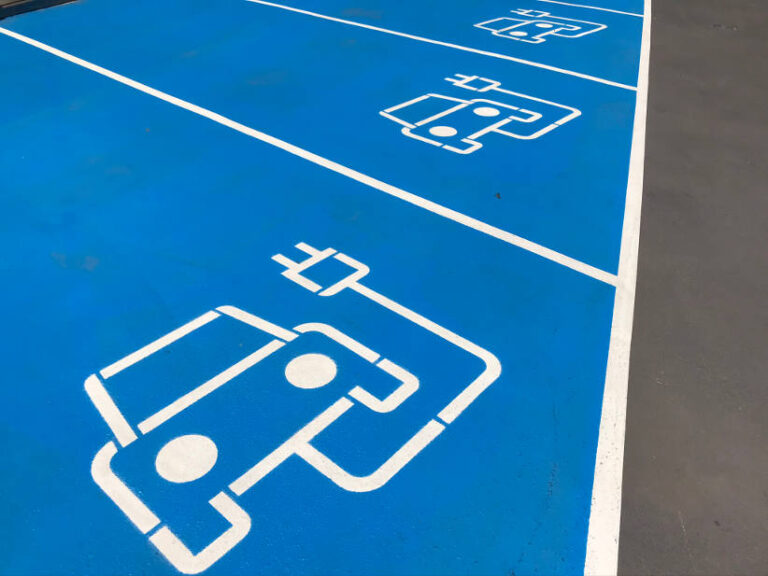It was recently announced that the Tasmanian Liberal Government has set an ambitious target to transition the Government vehicle fleet to 100% electric vehicles by 2030. And the first Australian government agency to make this commitment.
This decisions follows on from the Smarter Fleets program that started in 2019 and was funded by the Tasmanian Government.
The Smarter Fleets Program supported Tasmanian councils to prepare to introduce electric vehicles into their fleets. The Program provided tailored information and analysis of the participating councils’ fleets to calculate the environmental benefits and cost reductions that electric vehicles can offer.
Participating fleets received tailored advice identifying electric vehicle models and charging infrastructure that met each council’s needs. By partnering with electric vehicle and fleet experts, the Program encouraged sharing of technical expertise.
In the November budget statement by Peter Gutwein MP, Premier and Minister for Climate Change, it was acknowledged as an ambitious target that would capitalise on the state’s renewable energy advantage and leadership in innovation, renewable energy and climate action.
One of the first steps is to transition the Ministerial fleet to include four hybrid vehicles over the next two years with the first one arriving in 2020.
Tasmania has already made significant progress to support the uptake of electric vehicles, including delivering a statewide charging network of 14 fast chargers and 23 workplace and destination chargers, and increasing the number of electric vehicles in the Tasmanian Government vehicle fleet.
As EV supply increases and range improves, the government will purchase more vehicles with the 2020-21 budget allocating $2.3 million over three years to continue a sensible and measured transition.
It is expected the transition over the next 10 years will save around $2 million in maintenance, around $6 million in fuel costs and will reduce emissions by around 13,000 metric tonnes.
Supporting early uptake in electric vehicles will also create a second-hand electric vehicle market for the community, reduce dependence on imported liquid fuels, and increase demand for local renewable energy.
Metro Tasmania will also be tasked to trial zero emissions buses in Tasmania – electric or hydrogen – with both a northern and southern trial underway within the next two years, with any additional resources required allocated in next year’s budget.
The electric vehicle target will include battery electric, plug-in hybrid and hydrogen vehicles, aligning with the state’s commitment to double renewable energy generation by 2040 and fast-track a hydrogen industry in Tasmania by 2030.






